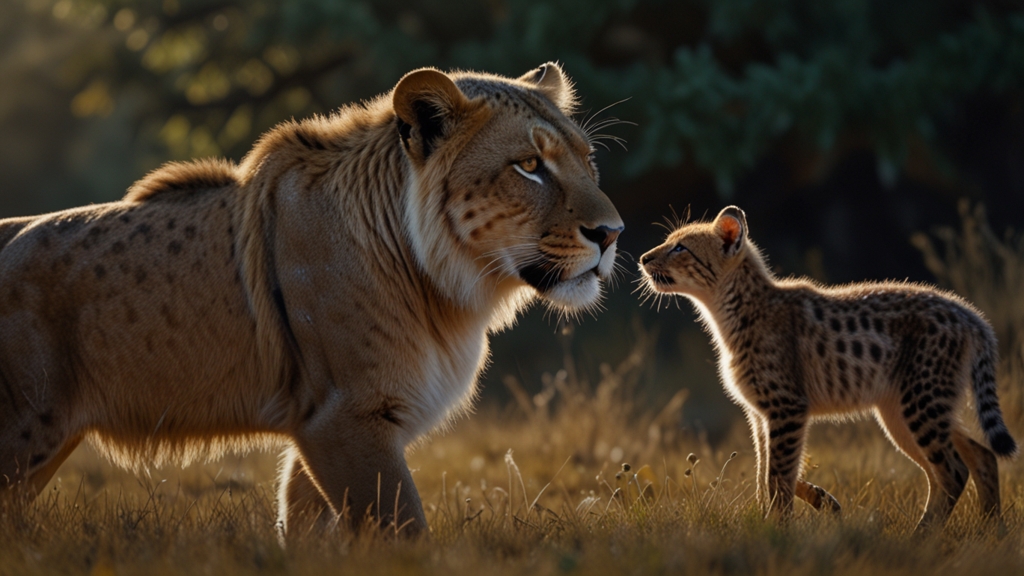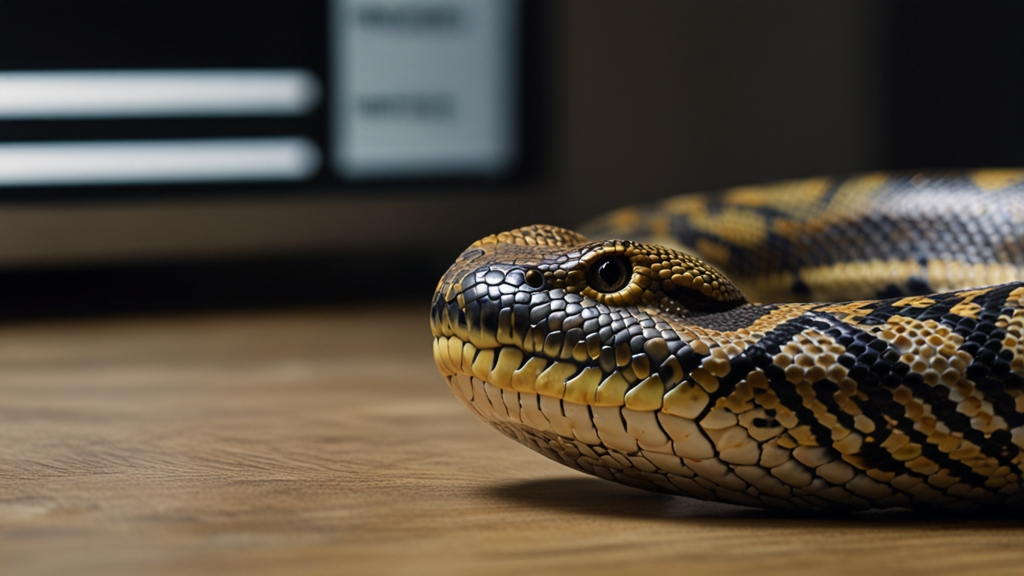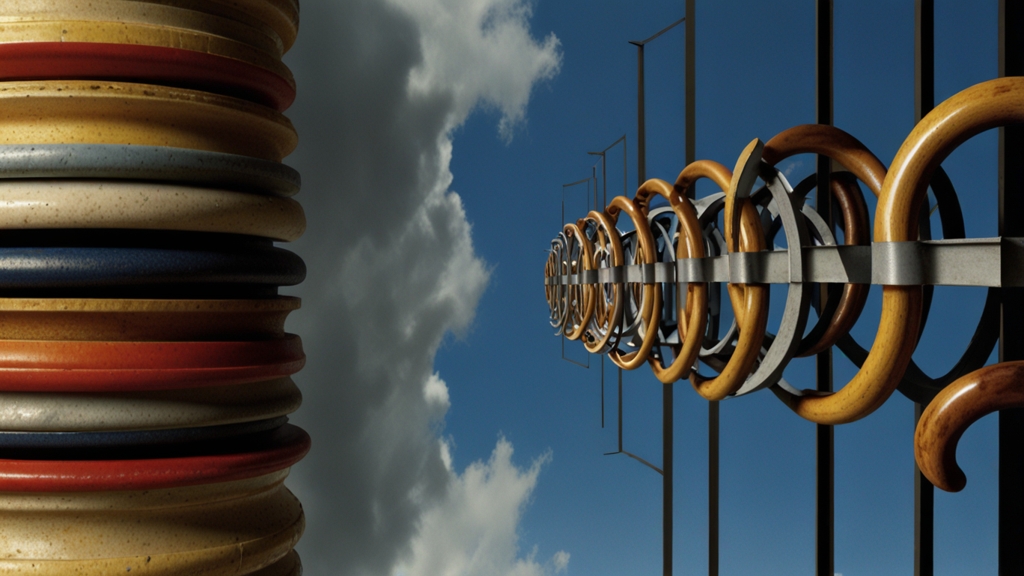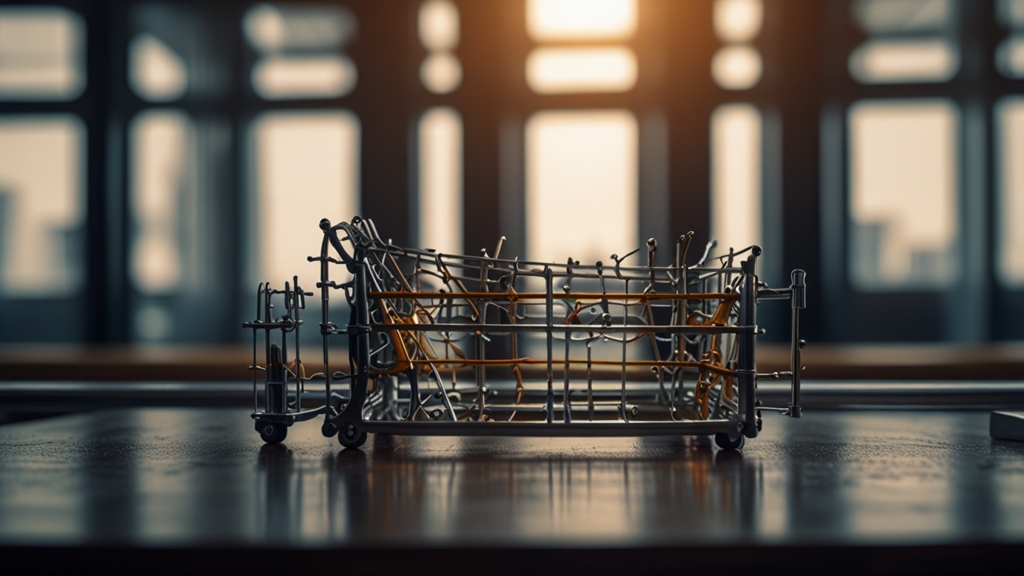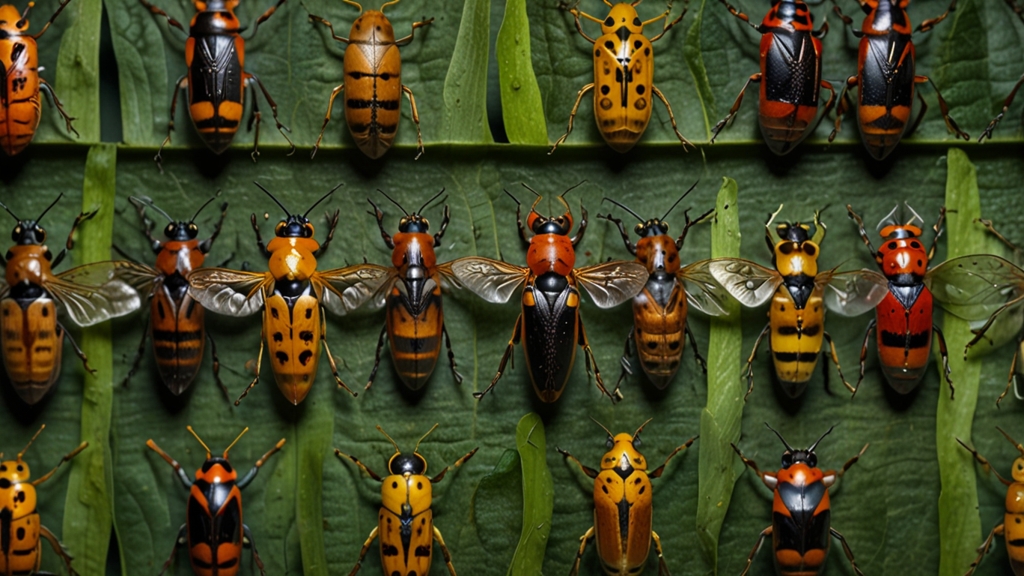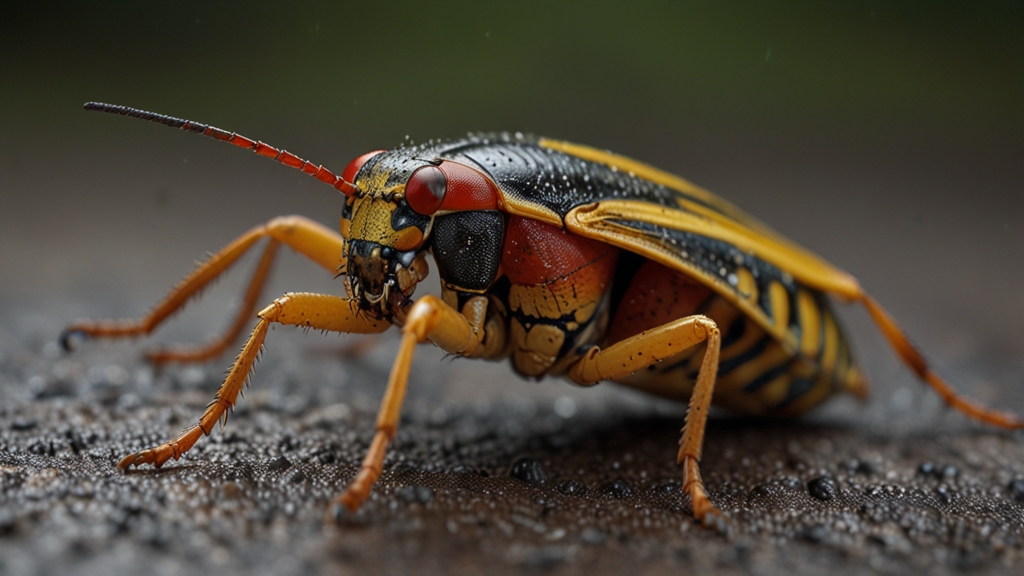The Bond of Mammals: Family Ties That Last a Lifetime
The intricate social structures and family ties within the animal kingdom are endlessly fascinating, particularly among mammals. The enduring connections and relationships that form within mammal families often mirror human experiences of love, protection, and support. These familial bonds not only aid in the survival and well-being of individual members but also in the preservation and resilience of the species as a whole.
Parental Care: A Foundation of Family
Among mammals, the bond between parents and offspring is typically strong and enduring. This is particularly pronounced in species where the young are born in a highly dependent state. For instance, in elephants, the matriarchal structure ensures that the young are protected and nurtured by multiple generations. Mothers, aunts, and even older siblings participate in the rearing of calves. This collaborative effort is crucial for the survival of the youngest members, providing them with the necessary skills and knowledge to thrive.
Caring for the young is more than just a survival tactic; it is a fundamental aspect of mammalian social life, fostering intelligence, social skills, and emotional bonds in the process.
Orcas, or killer whales, also exhibit remarkable parental care within pods. The close-knit family groups are led by matriarchs, and young orcas remain with their mothers for life, benefiting from the accumulated knowledge and experience of their elders. This structure not only provides physical protection but also ensures the transfer of essential hunting techniques and social behaviors across generations.
Siblings: Bonds and Rivalries
Sibling relationships in the mammal kingdom can be as complex as those in humans, involving both cooperation and competition. In primates such as chimpanzees, siblings often form alliances and engage in play that hones their social skills and strengthens their family unit. These bonds can last a lifetime, with siblings supporting each other in times of need.
The interplay of sibling rivalry and cooperation helps develop social hierarchies and roles within the group, contributing to the dynamic stability of their social structure.
However, sibling relationships are not without conflict. In many species, competition for maternal attention and resources can lead to rivalries. For example, lion cubs compete fiercely for access to their mother's milk, and hyena siblings may engage in intense struggles that can sometimes be fatal. Despite these rivalries, the overarching familial bond often prevails, ensuring the strength and continuity of the group.
Extended Family: The Wider Circle
The concept of family extends beyond the immediate nuclear unit in many mammal species. Extended family groups provide a network of support that enhances the survival prospects of all members. Among meerkats, for instance, family groups are organized into clans that collaborate in foraging, predator defense, and raising the young. Each member has a role to play, reinforcing the cohesiveness and functionality of the group.
In human societies, extended families can include grandparents, uncles, aunts, and cousins, mirroring the interconnectedness seen in many mammalian species. These extended ties provide a safety net, sharing responsibilities and resources to benefit the collective group.
The Importance of Family Bonds
The enduring nature of family ties among mammals illustrates the fundamental role of social structures in the animal kingdom. These bonds are critical for the development, survival, and success of individuals and groups alike. They demonstrate the importance of cooperation, shared responsibilities, and the nurturing of the young, which are essential for the continuity of their species.
Ultimately, the bonds of family among mammals highlight a universal truth—that connection, support, and love are key to thriving in any environment, reinforcing the timeless adage that family is indeed forever.
